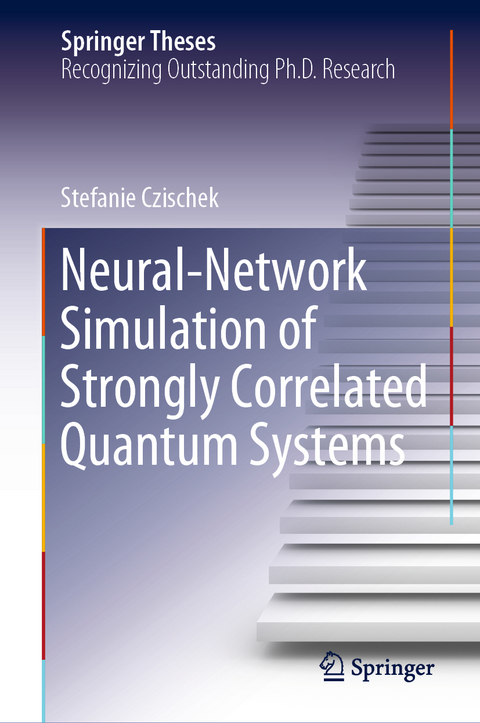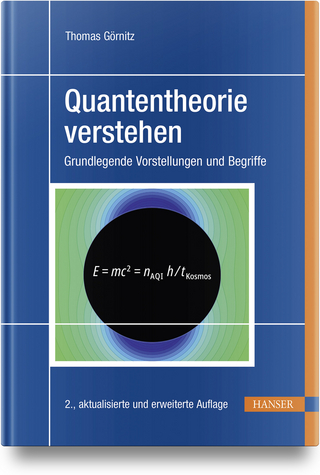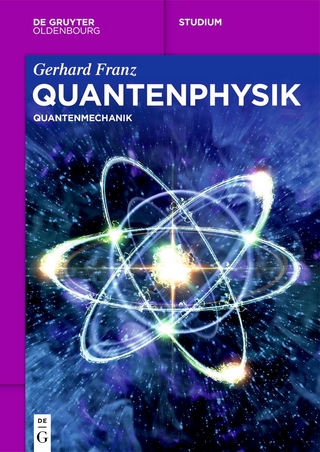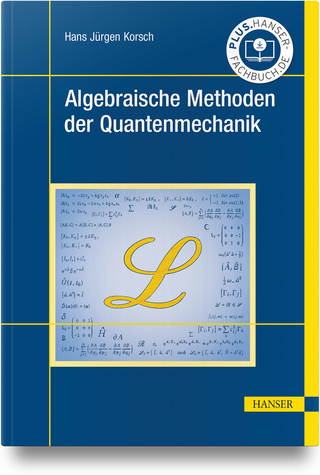
Neural-Network Simulation of Strongly Correlated Quantum Systems
Springer International Publishing (Verlag)
978-3-030-52714-3 (ISBN)
Stefanie Czischek graduated from Heidelberg University, Germany, with a B.Sc. in Physics in 2013. In her research project, she used classical spin-glass models for simulating starling flocks. At the Kirchhoff-Institute for Physics, she studied the dynamics of quantum many-body systems far from equilibrium. She graduated with a M.Sc. in Physics in 2016. Stefanie received her Doctor of Natural Sciences at Heidelberg University in 2019. She worked with Professor Thomas Gasenzer on investigating artificial neural networks for simulating spin systems and realizing the emulation of quantum states on neuromorphic hardware. Stefanie is currently a postdoctoral researcher in the group of Professor Roger Melko at the University of Waterloo, Canada, where she continues working on simulating quantum many-body systems with the help of neural networks and an accelerating hardware.
Introduction.- Quantum Mechanics and Spin Systems.- Artificial Neural Networks.- Discrete Truncated Wigner Approximation.- BM-Based Wave Function Parametrization.- Deep Neural Networks and Phase Reweighting.- Towards Neuromorphic Sampling of Quantum States.- Conclusion.
| Erscheinungsdatum | 30.08.2020 |
|---|---|
| Reihe/Serie | Springer Theses |
| Zusatzinfo | XV, 205 p. 51 illus., 48 illus. in color. |
| Verlagsort | Cham |
| Sprache | englisch |
| Maße | 155 x 235 mm |
| Gewicht | 506 g |
| Themenwelt | Naturwissenschaften ► Physik / Astronomie ► Quantenphysik |
| Naturwissenschaften ► Physik / Astronomie ► Theoretische Physik | |
| Schlagworte | Artificial Neural Networks • Neural-Network Quantum States • Neuromorphic Hardware • Quantum machine learning • Quantum many-body systems • Quantum Spin System • qubits • spiking neurons • Spin-1/2 Particles |
| ISBN-10 | 3-030-52714-X / 303052714X |
| ISBN-13 | 978-3-030-52714-3 / 9783030527143 |
| Zustand | Neuware |
| Haben Sie eine Frage zum Produkt? |
aus dem Bereich


